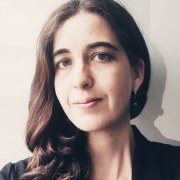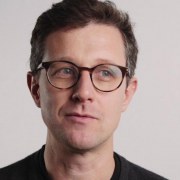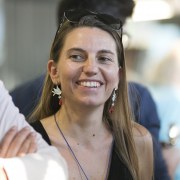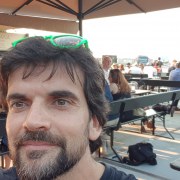17.06.2023 | 09:00 - 10:15
Today, when we speak of science and technology we also speak of their social, emotional, philosophical, political, and economic dimensions.
Yet we often a struggle to bring different voices together on problematic topics, especially if we are looking to build participatory conversations that bring at the same table different actors such as citizens, scientists, corporate innovators, policy makers, activists. These dialogues often bring with them some form of conflict.
Is it our role to facilitate these types of conversations? Do we have the skills to do it? Can art help with this?
In this session speakers will present situations in which the arts have helped facilitate participatory conversations between actors with different agendas.
Participants will then be invited to share their own projects and perspectives joining into a plenary discussion about the role of our institutions as active dialogue facilitators and on the role that the arts can play in this field.
Outcomes: what will participants get from this session? Skills, knowledge, experience etc.
Participants will:
- Get the chance to hear about practical case studies in which participatory conversations were triggered and/or facilitated by the presence of artists/artworks
- Reflect on the role that science centres/museums and similar might play in the field of dialogue facilitation and conflict mediation
- Share results of their own work and debate on the pros and cons of working with artists and artworks to tackle broad societal issues




